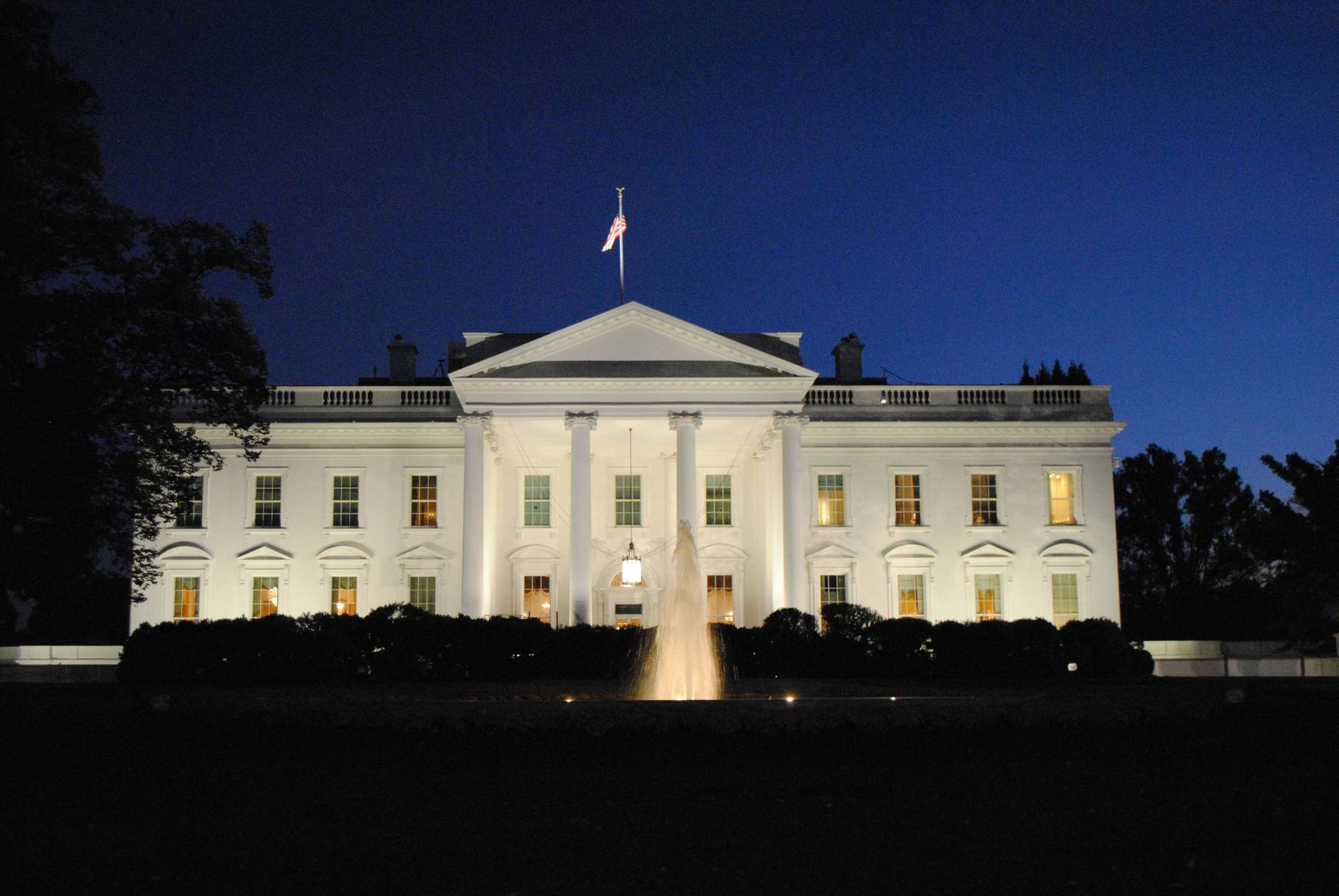By Win Gruening
“Well done is better than well said.”
— Benjamin Franklin’s Poor Richard’s Almanack, 1737
Polarization and divisiveness continue to define our politics, yet Americans still hope that President Biden will make good on his promise to unite the country. The president’s inaugural unity theme and his recent primetime speech were consistent with his campaign rhetoric and how he conducted himself during his long political career — as a moderate, not a rancorous partisan.
But, since the election, many members and supporters of the new administration don’t appear to be getting the same message, as vitriol is hurled at anyone who worked with and for, or even supported, former President Donald Trump.
Indeed, Biden’s apparent intention of ruling almost exclusively by executive order, the total lack of bipartisan support for his progressive agenda and the dismissal of sitting nonpartisan appointees run counter to fostering the harmony he claims to promote.
Compounding this, President Biden’s reluctance to hold news conferences or answer questions about his agenda has further concerned many Americans and a growing number in the media.
This has focused attention on the tradition of the State of the Union Address as a way for President Biden to communicate his willingness to heal the divide and improve the state of the union.
Historically, U.S. Presidents have used the address to reassure the nation during times of conflict or dissension and announce new initiatives.
The address is usually delivered in late January to early February. In the first year of a presidency, it’s officially called an “address to the joint session of Congress” not a State of the Union, although most people still refer to it as the latter.
There’s no set length for the speech. George Washington’s first annual message was the shortest (in words), at 1,089 words. Bill Clinton’s 2000 address was the longest in-person speech, lasting one hour, 28 minutes and 49 seconds.
While the Constitution mandates that the President “shall from time to time give to the Congress Information of the State of the Union, and recommend to their Consideration such Measures as he shall judge necessary and expedient” (Article II, section 3), this duty has been performed in many ways. The first two presidents, George Washington and John Adams, appeared before Congress to read the Annual Message themselves.
In 1801, Thomas Jefferson set a new precedent by sending the Annual Message as a document. Clerks read the message into the record to largely empty chambers. Later presidents merely summarized the annual reports of the executive departments rather than offering policy recommendations.
Over a century later, on Dec. 2, 1913, Woodrow Wilson revived the tradition of delivering the Annual Message to Congress as an in-person speech. He expanded the scope of the annual message, transforming it from a departmental report into a tool to promote his policies.
The name “State of the Union” began informally in 1942, under Franklin Roosevelt and has been the official title of the address since 1947.
In 1966, Sen. Everett Dirksen and Rep. Gerald Ford made a televised joint Republican response to President Lyndon Johnson’s message, an opposition party practice that has since continued.
Ronald Reagan began the tradition of inviting citizens who have recently distinguished themselves in some field of service or endeavor to be personal guests. The President introduces them and recognizes their contributions to the country.
A Biden State of the Union Address this year would be unique, both because of the new administration and because it would be the first since the onslaught of the coronavirus pandemic. Regardless of its label, Biden’s address to the nation before a joint session of Congress is sorely overdue.
It’s been a rough year for the country. During WWII, FDR would gather Americans around their radios to reassure and inform them. With the pandemic nearly behind us , our new president should similarly summon Americans to their screens (TVs, computers, phones) and use the State of the Union platform to clearly identify for them how he is making things better and what specific steps he is taking to unify the country.
We’ve heard Biden talk the talk, now the country needs to see him walk the walk.
• Win Gruening retired as the senior vice president in charge of business banking for Key Bank in 2012. He was born and raised in Juneau and is active in community affairs as a 30-plus year member of Juneau Downtown Rotary Club and has been involved in various local and statewide organizations. Columns, My Turns and Letters to the Editor represent the view of the author, not the view of the Juneau Empire. Have something to say? Here’s how to submit a My Turn or letter.

